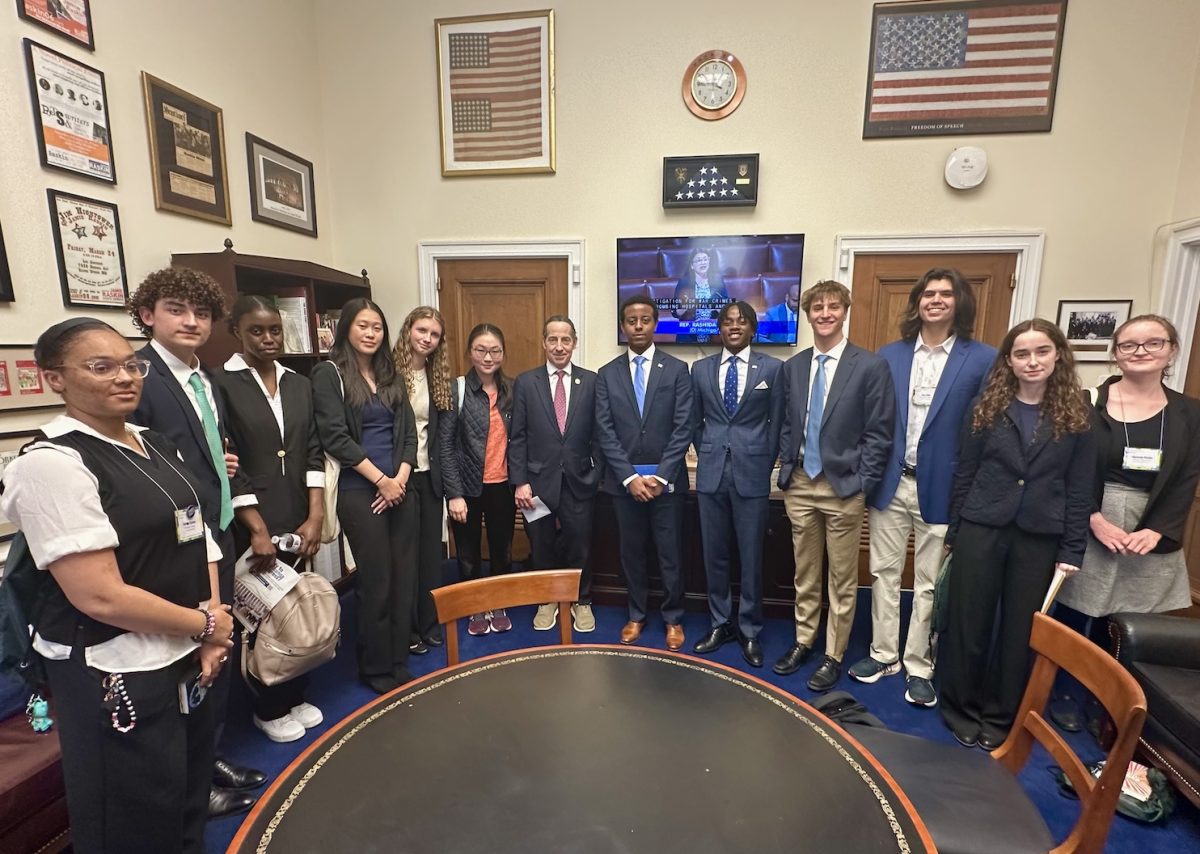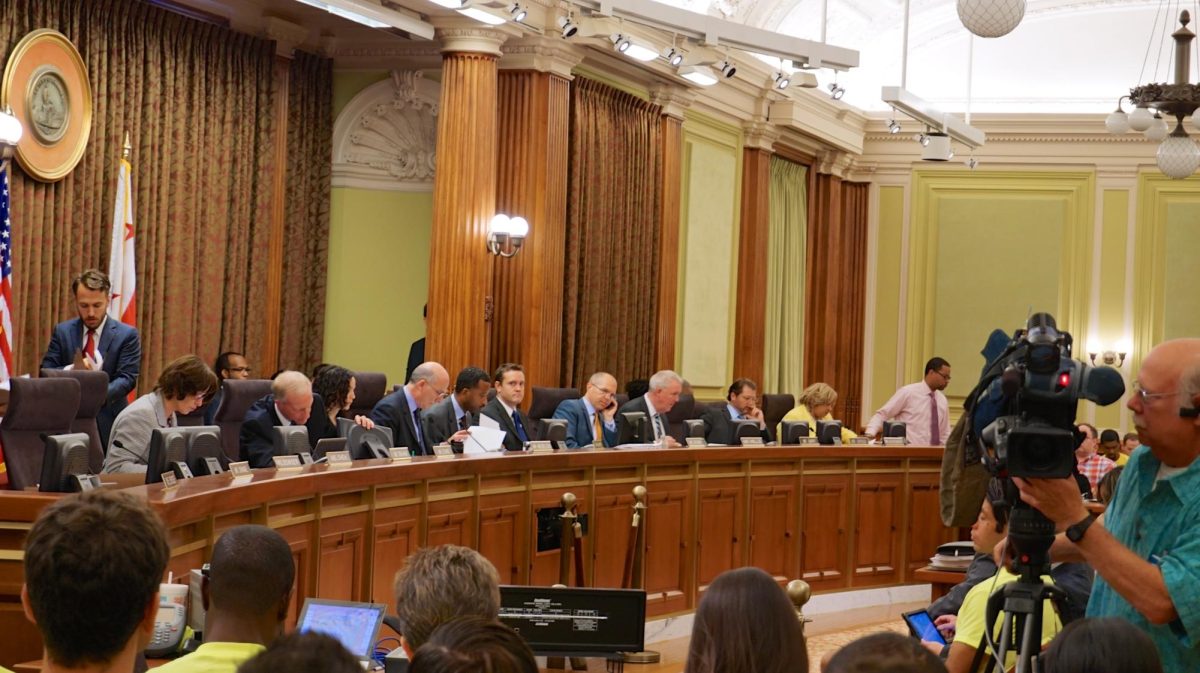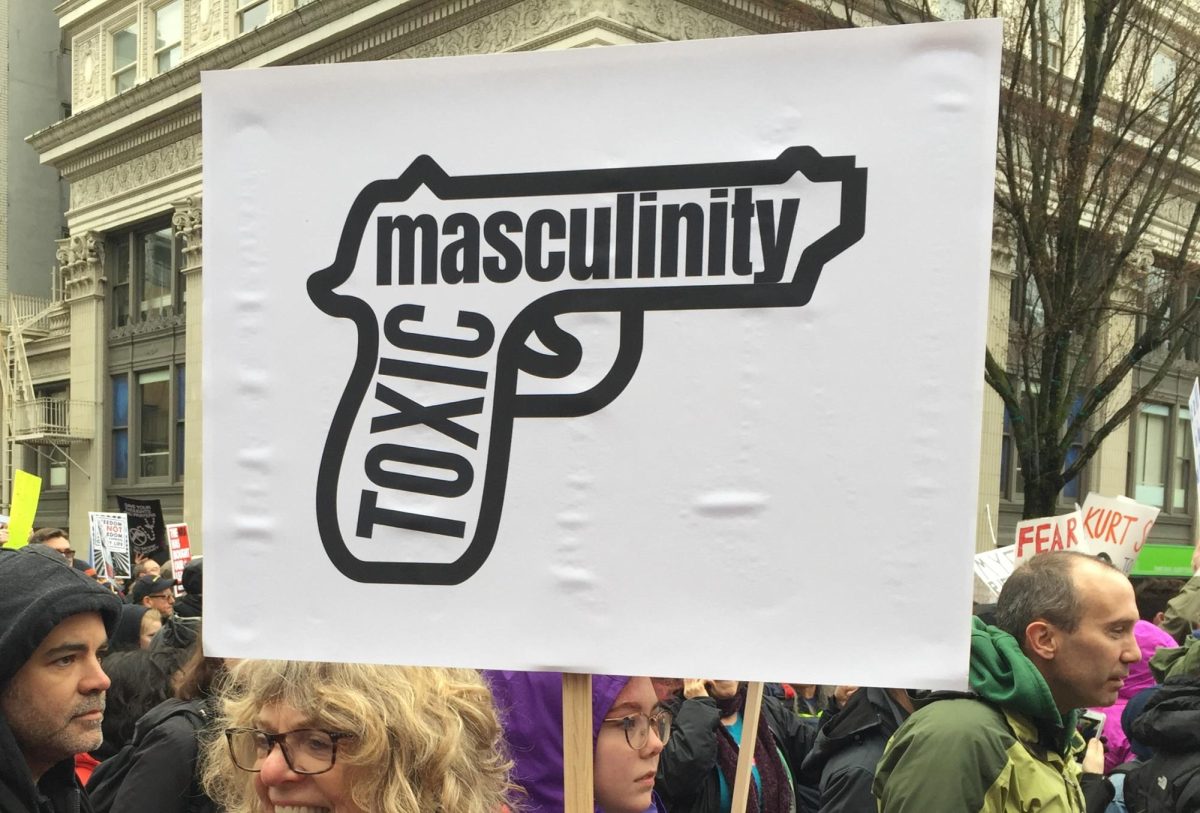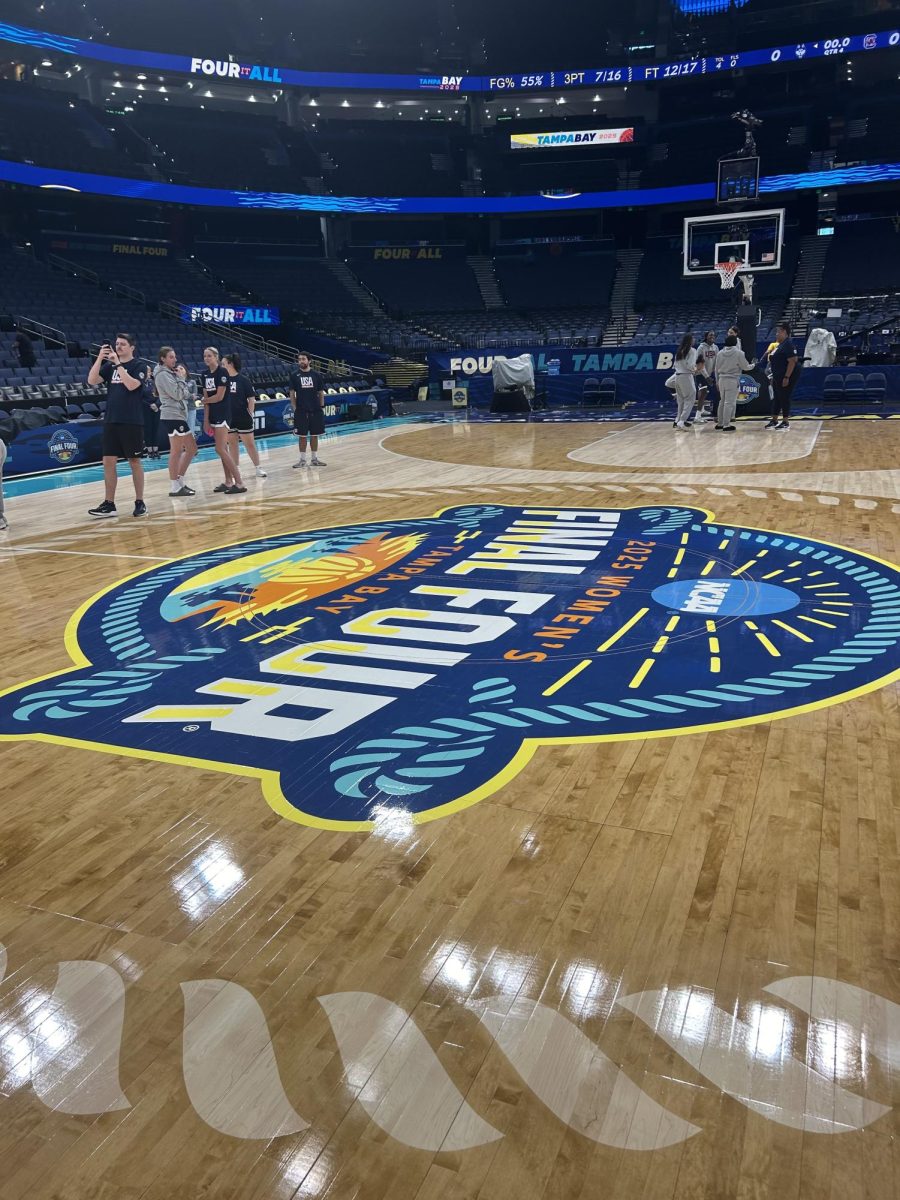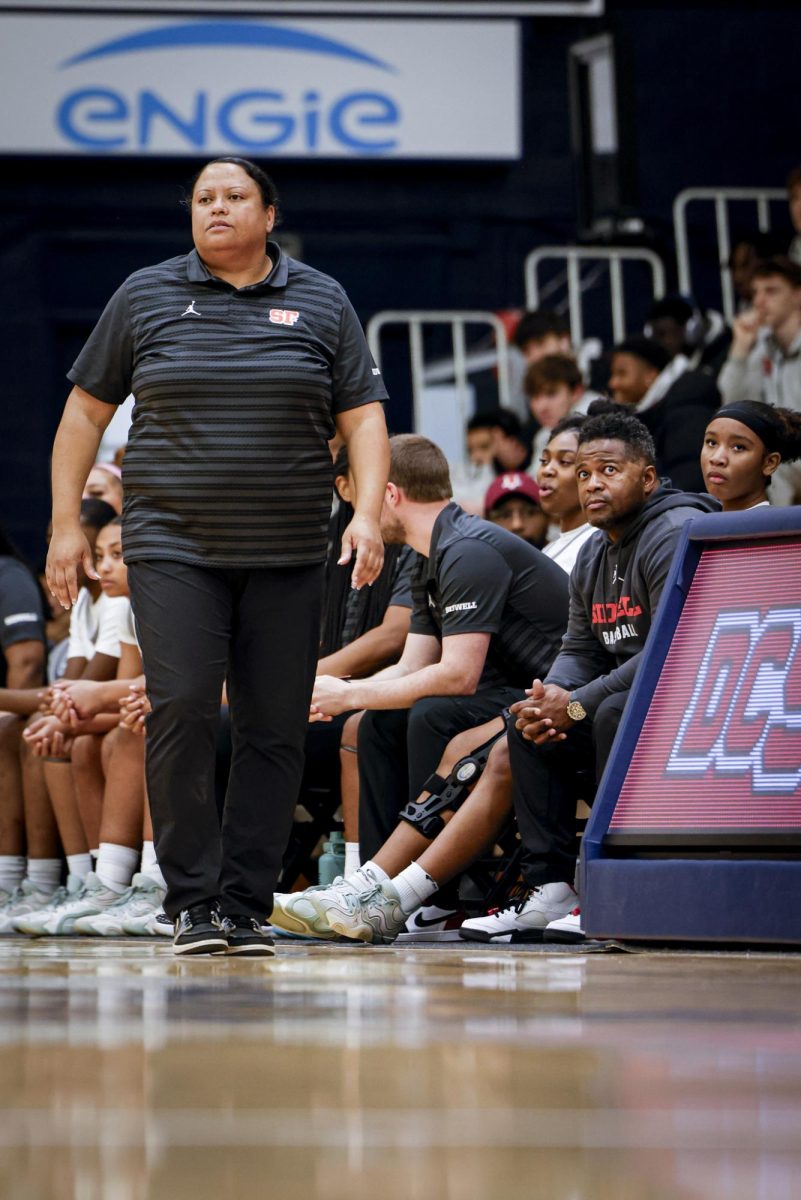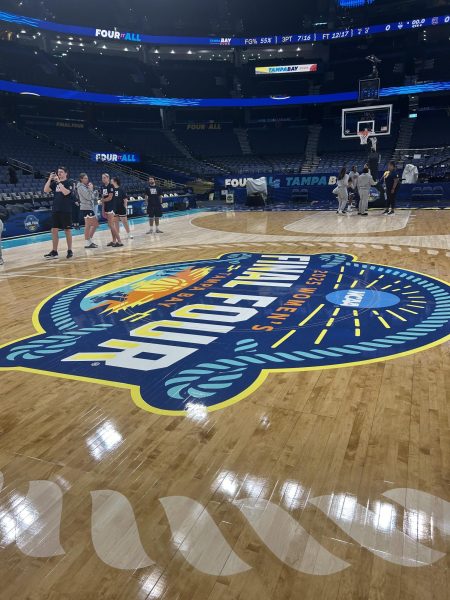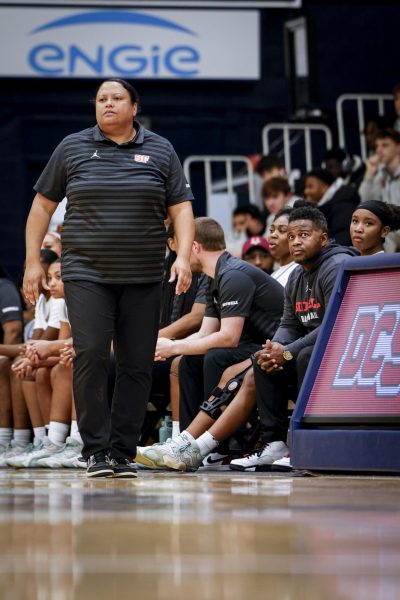Sports Betting Legalized, Teen Gambling Rates See Increase
In 2018, the U.S. Supreme Court overturned the Professional and Amateur Sports Protection Act, legalizing online and in-person sports betting. The ability to gamble on sports varies from state to state, with 35 states and the District of Columbia all adopting sports betting practices.
Sports gambling has already gained a great deal of traction: two-thirds of adults supported the legalization of sports betting, and 20% have participated in the past year, according to the Pew Research Center.
Depending on the state, sports gambling is permitted for those over 18 or 21 years of age. With the general increase in sports betting activity, youth under 18 are actually the fastest-growing sector of gamblers, according to Pew Research. The National Institute of Health reported that 80% of high school students have illegally gambled in the past year.
In contrast to other kinds of in-person gambling, such as slots machines or poker, younger people are more likely to bet on sports due to the plethora of online gambling websites, including FanDuel and DraftKings. According to Grid News, online sports gambling is highly addictive because of dopamine rushes received from gambling on mobile devices.
Another reason for an increase in sports betting, especially among children via mobile devices, is the billions of dollars sportsbooks are spending on advertising, according to NPR. It is highly likely that adolescents will see commercials about online gambling opportunities while watching sports on television. In fact, DraftKings has reportedly emailed thousands of promotions to people under the age of 21, according to a local Ohio newspaper. Since there are no federal laws regulating sports betting advertising, DraftKings has yet to face scrutiny for its marketing strategy.
As a result, studies on teen sports gambling have indicated a direct correlation between the increase in sportsbook advertising and riskier betting behavior from adolescents, NPR reported.
American sports leagues, including the National Basketball Association, National Football League, National Hockey League, Major League Baseball and National Collegiate Athletic Association, have actively advertised online sports betting since its legalization in 2018. Additionally, many professional sports teams and individual players have launched campaigns directly with sports betting agencies.
Due to the increase in gambling accessibility and participation, more people are developing gambling addictions. Risks for gambling addiction have increased by 30% from 2018 to 2021, and currently, 7 million people have a gambling problem in the U.S., according to Pew Research.
Gambling addictions are more common in younger people, as their brains are not yet developed enough to fully understand the stakes of engaging in such behaviors. While around 6% of high schoolers are addicted to gambling, another 15% are at risk of a gambling problem, ABC News stated.
While the legalization of sports betting has created concerns about the increase of gambling addictions in teens and adults alike, it has also generated a new stream of revenue for state governments. Due to the monetary compensation state governments receive as a result of looser sports gambling regulations, most state governments have yet to combat the increasingly serious gambling problem among their constituents. However, certain lawmakers are pushing for schools to offer a curriculum on gambling addictions, and some states have created programs that discuss the dangers of gambling.








